table of contents:
Have you ever wondered which needle to choose for thick fabric, sometimes risking breaking your needle or damaging your fabric? This handy guide explains how to select the ideal type of thick fabric needle , whether it's universal, jeans/denim, or leather needles. Discover recommended sizes, tips for avoiding pitfalls, and brands like Schmetz or Singer for precise and durable stitching.
Universal needles for thick fabrics
Universal needles are suitable for most natural and synthetic fabrics . Their slightly rounded point allows them to penetrate fibers without damaging them. These needles are versatile for a variety of projects, from polyester to lightweight denim.
If you're wondering which needle to choose for heavy fabric, sizes 90-100 are ideal. Sizes 90-100 are ideal for heavy fabrics . Their larger diameter ensures better pressure resistance. Size 90 is suitable for medium-weight canvases, and size 100 is suitable for very dense fabrics such as twill or corduroy.
Universal needles work well with velvet, twill, and canvas. The slightly rounded point preserves the fabric's structure. If you're sewing very thick canvas, choose size 100/16. Always test on a scrap piece before starting your project.
Choose a thick, strong thread made of bonded polyester or nylon , as these threads withstand abrasion and tension. The wide eye of universal needles for thick fabrics accommodates these threads without slipping.
|
Guide to choosing the right universal needle for your sewing project on thick fabric |
||
|
Characteristic |
Detail |
Recommendation |
|
Recommended size |
100-120 |
For thick fabrics (canvas, velvet, serge) |
|
Material |
Nickel-plated steel (e.g. Bohin) |
Ensures resistance and optimal glide |
|
Fabric adaptation |
Polyester 70-100 / Thick 100-120 |
Adjust the size to the specific thickness |
|
Tip shape |
Slightly rounded |
Preserves tissue structure |
|
Boundaries |
Not suitable for heavy denim, canvas |
Prefer specialized Jean/Leather needles |
|
Resistance |
Thickness increasing with size number |
Choose a larger size for very dense fabrics. |
|
Recommended brand |
Bohin No. 120 (rating 4.9/5 from 22 reviews) |
Professional quality for fabrics |
|
Risks of inadequacy |
Uneven stitches, broken needles |
Check needle/fabric/machine compatibility |
Schmetz needles have a slightly rounded tip, allowing them to penetrate the fabric precisely. Their sturdy construction also limits thread breakage. Available in sizes 100 to 120, they are ideal for working with very thick fabrics and complex assemblages . If you're wondering which needle to use for thick fabric, these models are among the most reliable.
Replace your needle every 8 to 10 hours of sewing. If your needle is too worn, it will cause uneven stitches or broken threads . To check, run your finger over the tip. If it catches, change it immediately.
Set the upper tension between 5 and 6 for thick fabrics and increase the stitch length slightly (3 to 6 mm) to reduce perforations. Also remember to check the bobbin setting if the thread is pulling too much.
Universal needles have their limitations on very dense fabrics like heavy denim or leather. In these cases, opt for specialized needles. Asking yourself which needle to choose for thick fabric is essential to avoid skipped stitches and breakage.
For careful work, Verotex needles are designed to help you complete your projects with precision.

Jean/Denim needles for sturdy projects
Jean/Denim needles are designed to pierce dense fabrics like denim. Their fine point and reinforced shank ensure clean penetration without tearing . They fit standard 130/705 HJ machines for versatile use. If you're wondering which heavy fabric needle to use for stiff materials like denim, this type of needle is perfect.
Sizes range from 90 to 130. A size 90 fits lightweight jeans , a 110 fits medium fabrics, and a 130 fits extra-heavy denim. Size 130 corresponds to the needle system, not the diameter, for demanding projects.
Technical characteristics of Jean/Denim needles include:
- A special tip designed to penetrate dense tissue without tearing
- A reinforced rod guaranteeing stability and precision on several thicknesses
- Prevention of skipped stitches thanks to clean and regular penetration
- A reduction in the risk of breakage by optimizing the penetration force
- Compatibility with standard 130/705 HJ systems for all machines
The fine, sharp point penetrates the tight fibers of denim. Its reinforced structure limits deflection and ensures consistent seams. This type of needle preserves the integrity of the fabric while resisting abrasion.

The denim needle model is also suitable for oilcloth, canvas, and upholstery fabrics. Its strength allows it to sew stiff materials without bending. For plastic, a size 90-110 is recommended.
To sew multiple layers , use a size 100 needle or larger. Increase the stitch length to 3.5 and use a Teflon foot. Avoid forcing the fabric to prevent breakage. Schmetz offers superior quality with a reinforced tip and increased durability.
A denim needle can break if it is inserted incorrectly, too thin for the fabric, or if the machine is dirty. The solution to avoid this kind of problem is to always check the thread tension and use a suitable foot . Replace it after 8 to 10 hours of sewing.
Also remember to change your Jean needle after each intricate project or every 8 to 10 hours. Store them in a dry, moisture-free place and avoid dropping them to preserve their point.
They're ideal for making jeans, sturdy bags, or upholstery covers. Choosing the right needle for thick fabric is essential for ensuring strong seams, consistent stitches, and a professional finish on dense materials.
To find the needle you need, visit Verotex. Our site offers a selection of needles designed to suit different applications.
Leather needles for specific materials
Leather needles have a triangular point specially designed to pierce leather without tearing it. This unique shape cuts through the fibers of the material and ensures precise stitching without damaging the fabric . If you're wondering which needle for thick fabric to use on stiff materials like leather, these models are perfect for you.
Sizes 90 to 110 correspond to the thickness of the leather to be sewn. The 90 is suitable for thin leathers (up to 2.5 mm), the 100 for medium leathers, and the 110 for thick leathers (up to 7 mm). The diameter increases with the needle number.
The triangular tip works like a blade that cuts the leather fibers thanks to its sharp edges. It prevents tears by creating a clean passage. This design allows you to sew thin leather up to 0.5 mm thick without pre-piercing .
These needles are suitable for faux leather, vinyl, and hard synthetic leather. For soft or thin leathers, a size 100 universal needle may be sufficient. Always test on a scrap piece before sewing your final project. Considering which needle to choose for thick fabric is essential to avoid skipped stitches or breakage.
To sew leather , use a Teflon or roller presser foot and set the stitch length between 3 and 4 mm. Lightly hammer the seams to flatten them without damaging the material. Verotex needles are there to help you achieve the precision you are looking for.

|
Correspondence between leather types, their thickness and the recommended needle size |
||
|
Leather type |
Thickness |
Recommended size |
|
Fine leather |
Up to 2.5 mm |
90 (0.90 mm) |
|
Medium leather |
3 to 5 mm |
100 (1.00 mm) |
|
Thick leather |
Up to 7 mm |
110 (1.10 mm) |
|
Faux leather |
0.5 to 1 mm |
Universal 100 |
|
Vinyl |
0.5 to 2 mm |
90 or 100 |
A great tip is to use a strong, waxed thread made of polyester, nylon, or linen. Waxing actually makes it easier to glide and increases abrasion resistance. Polyester thread No. 30 (0.41 mm) is ideal for leatherwork, as it offers a strength of 11 kg.
Schmetz leather needles guarantee easy penetration thanks to their sharp LL or DH point. Available in sizes 90 to 120, they ensure clean and precise stitches on leather and hard imitation leather . If you're wondering which thick fabric needle to choose for these stiff materials, these models are perfect.
Avoid using them on unsuitable machines. Before using them, first check their compatibility with your sewing machine. Do not use them to sew traditional textile fabrics, as they may damage them .
Universal (90-100), Denim (90-130), and Leather (90-110) needles handle thick fabrics with precision. Considering which needle to use for thick fabrics before you begin is essential to ensure neat, strong, and durable seams.
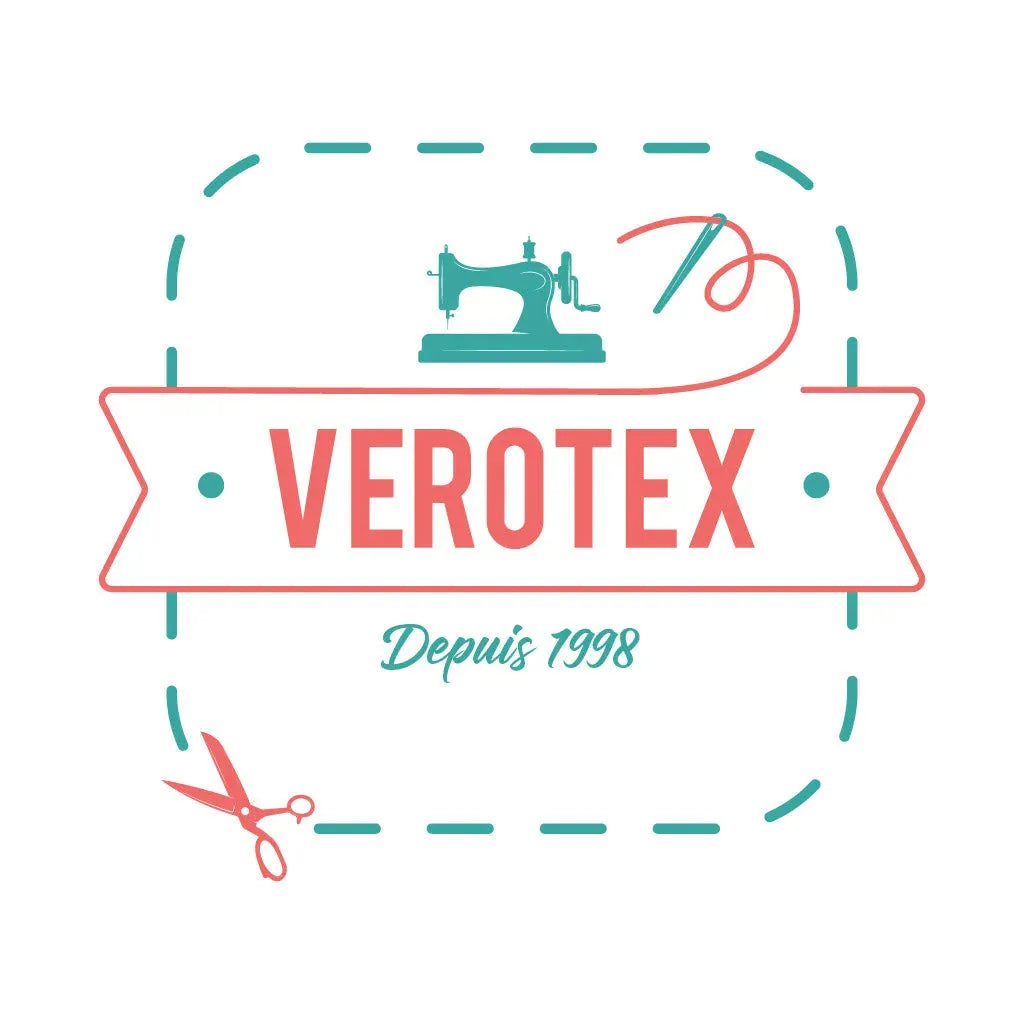
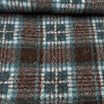
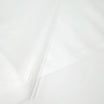
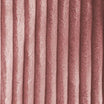
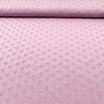
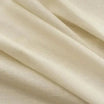
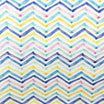
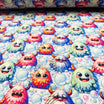
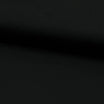
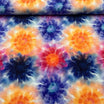
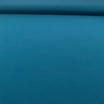
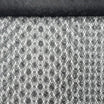
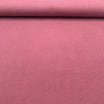
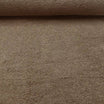

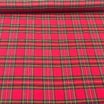
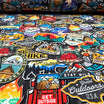
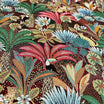
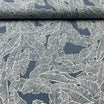
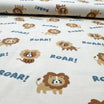
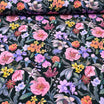
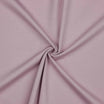
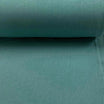
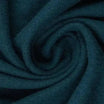
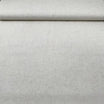
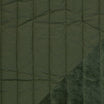
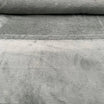
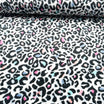
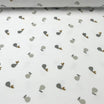
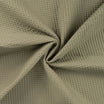
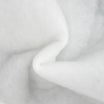
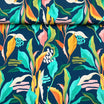
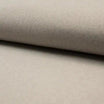
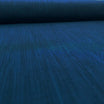
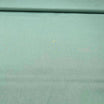
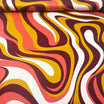
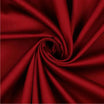
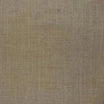
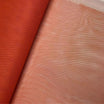
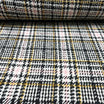
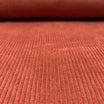
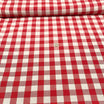
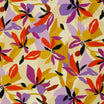
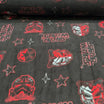
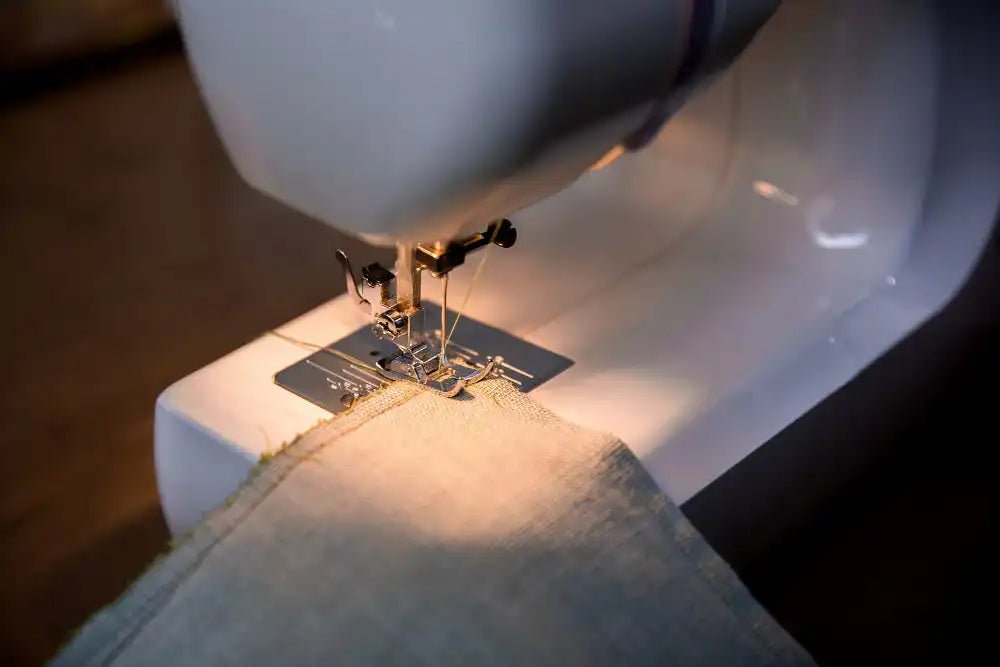
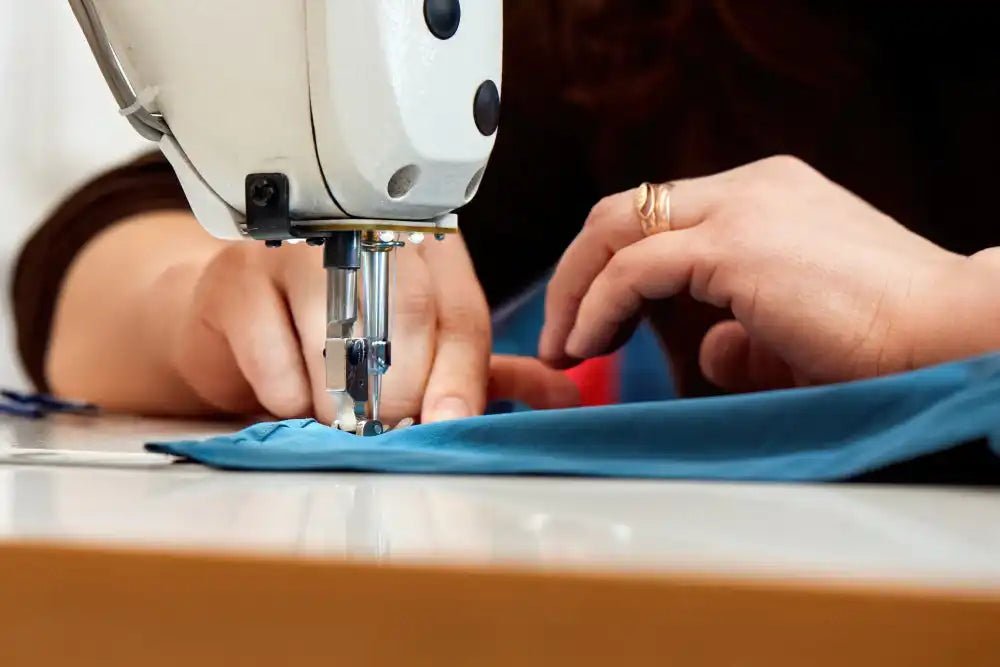
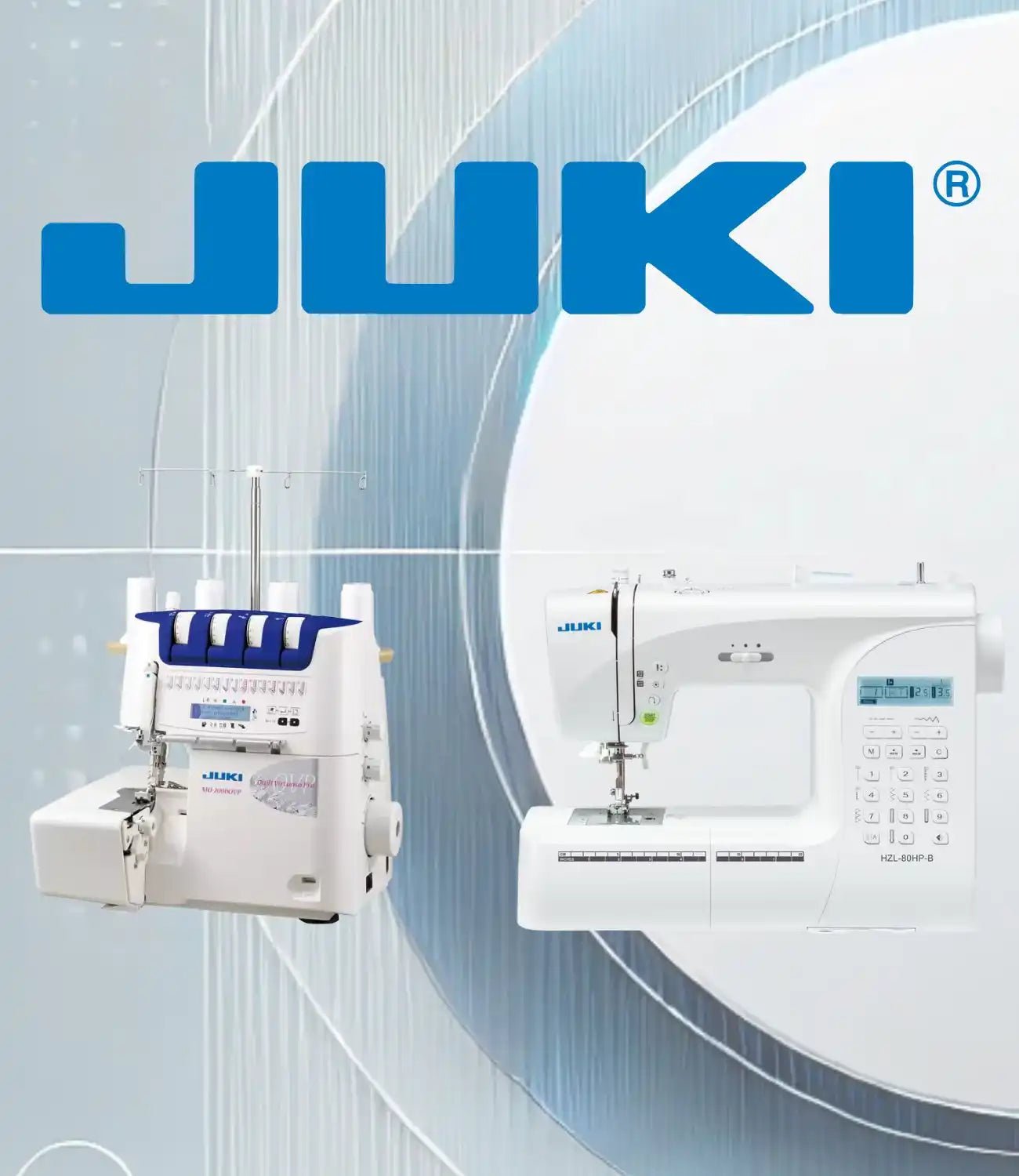
Leave a comment
All comments are moderated before being published.
This site is protected by hCaptcha and the hCaptcha Privacy Policy and Terms of Service apply.